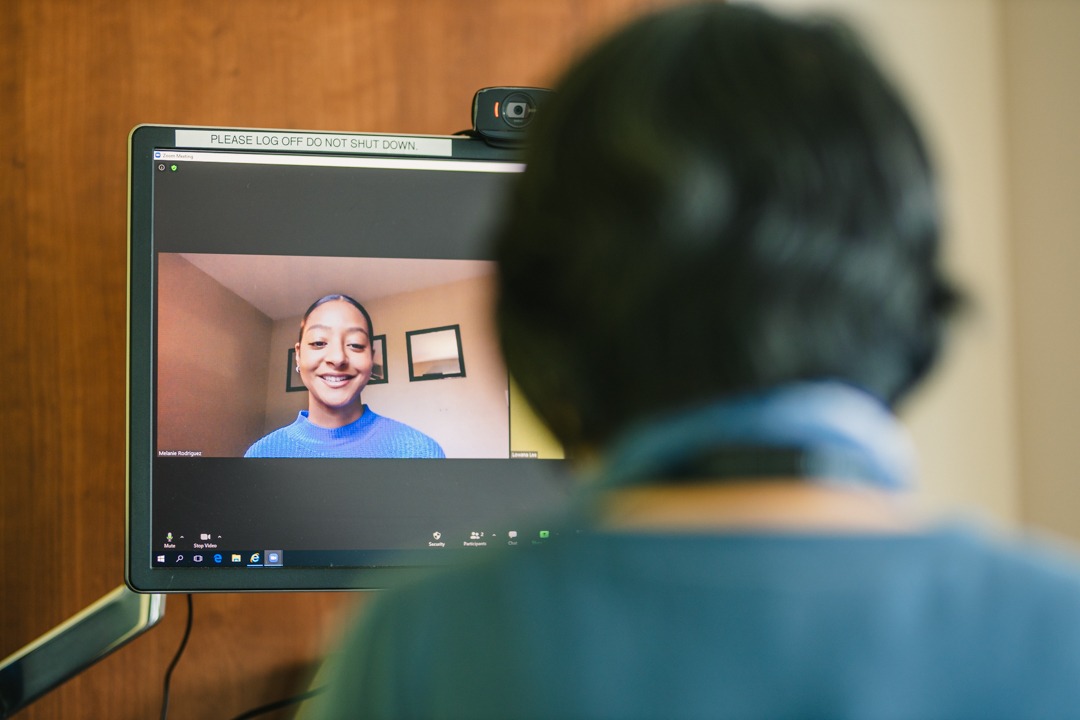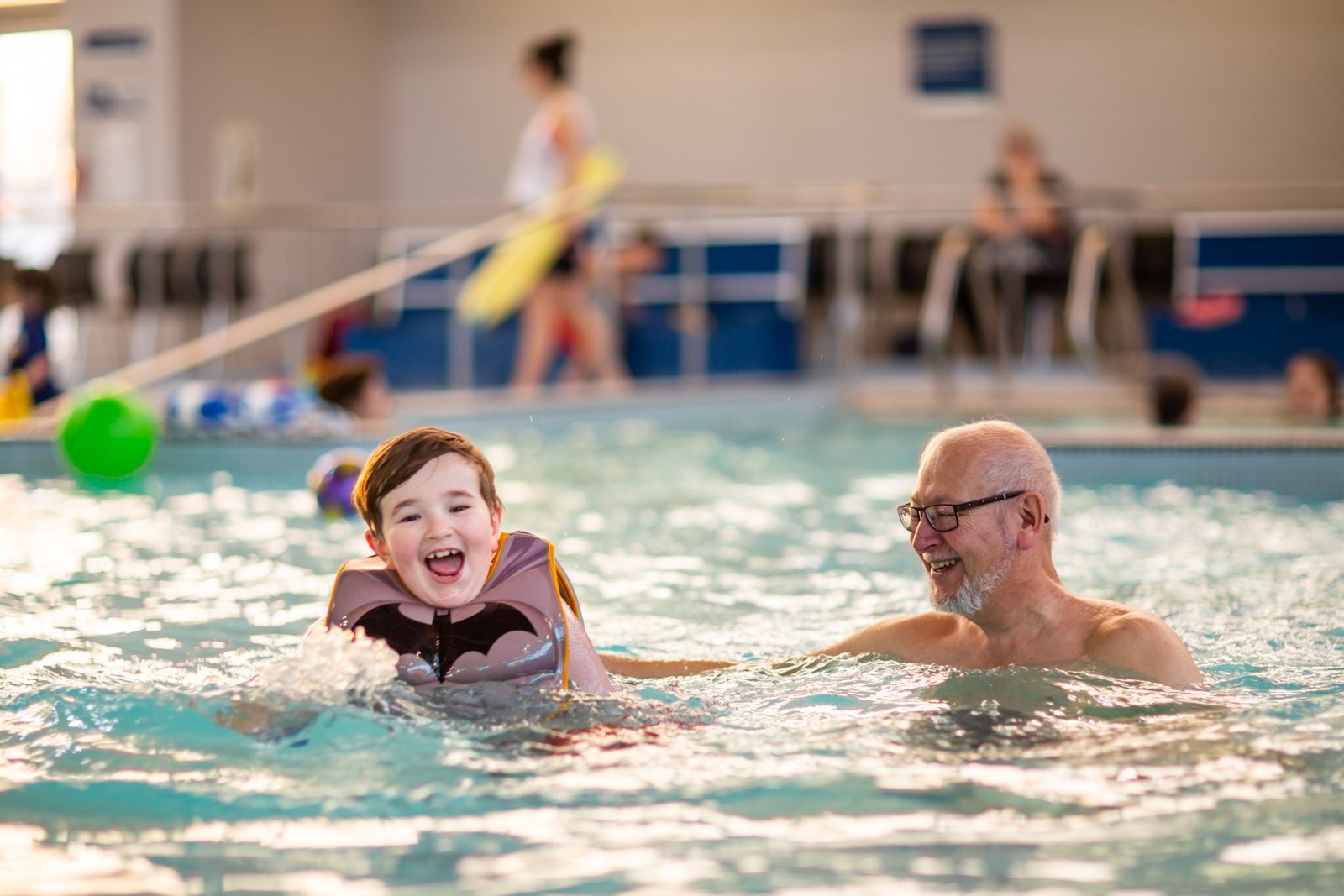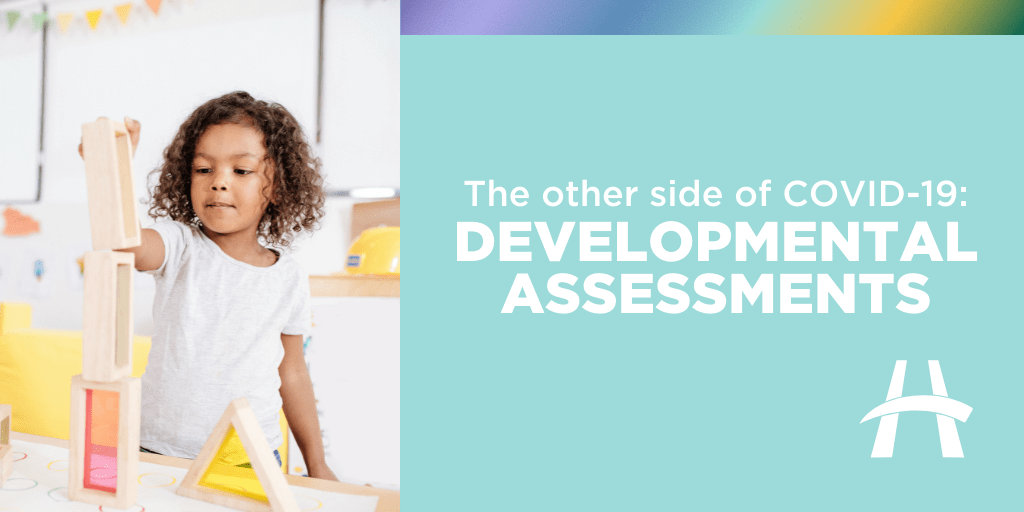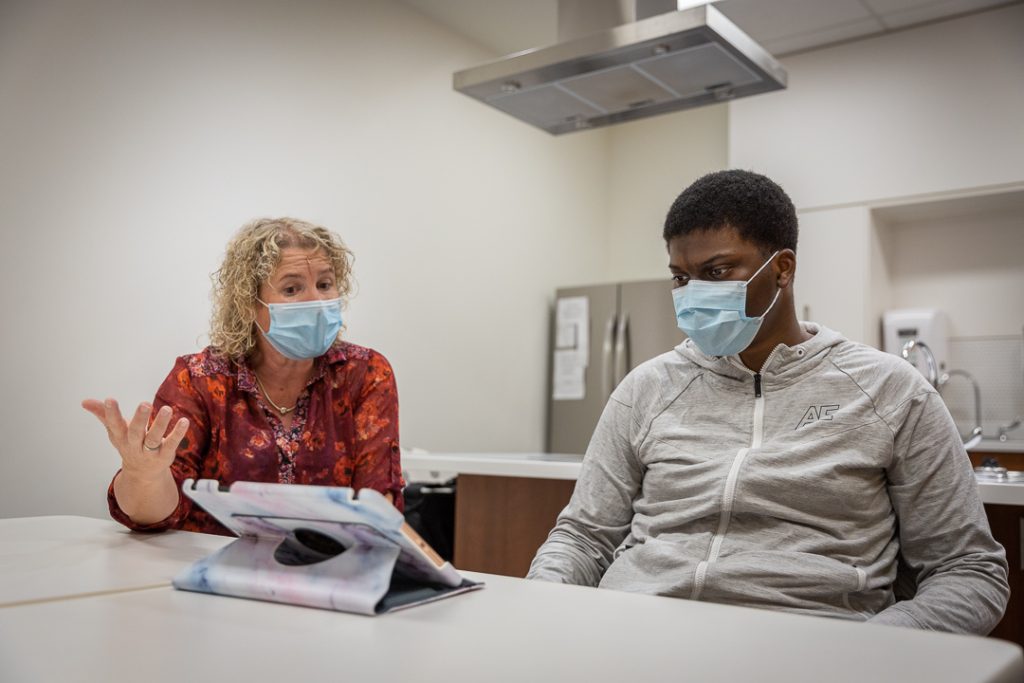
Transition planning preps teens with skills they need for adulthood
In 2018, Victory Anighoro had a rare spinal stroke that landed him in Hamilton Health Sciences’ McMaster Children’s Hospital (MCH) for months. At the age of fourteen, he lost his ability to move his body for a while, with certain movements coming back within weeks or months.
Anighoro was referred to MCH’s Children’s Developmental Rehabilitation Program (CDRP) at the Ron Joyce Children’s Health Centre for occupational and physiotherapy to regain his movement and improve his independence in daily activities. The program provides services for children who have functional limitations due to neurological or developmental issues.
Huge improvements
Anighoro originally wasn’t able to move anything below his shoulder. Over time, he learned to move his hands again and make small movements with his feet. Working with CDRP has helped him be able to move smoothly from sitting to standing and later, from using a wheelchair to using crutches.
He also had surgery on his hand at MCH and is working with occupational therapists to help improve his grip strength and dexterity. Now, the 17-year-old is working on becoming more active and focusing on his stability and fine motor skills.
Next year, he hopes to be off to university to study computer science. He’ll also turn 18, which means he’ll switch out of the children’s hospital services to adult care.
Since leaving the service is a big change for clients, the program is incorporating “transition planning” into their services to help teens feel comfortable moving out of child services into adult care and working towards their future long-term goals.
“We really see transition as a process, not just the transfer of services.”
Transitioning out of child services
For someone who receives hospital care, the transition into adult services in the hospital or in the community – or the transition to no services at all – happens between the ages of 18 and 19. Not only are there changes in healthcare services, but there are changes in school supports, community services, and funding options as well.
“At CDRP, we focus on helping teens develop the skills they need to become more independent and help them plan that transfer to adult-based services and programs. Sometimes the teen is going onto further services, and sometimes they are not, so we talk about what other avenues there are for support,” says occupational therapist Andrea Morrison. “We know it can be really challenging for families to navigate these changes in the system. We really see transition as a process, not just the transfer of services.”
The team in CDRP – including occupational therapists, physiotherapists, social workers, therapy and program assistants and a therapeutic recreationist — incorporate this transition planning into a care plan well before the client turns 18.
Transition planning conversations with Anighoro have begun.
“For example, if I’m going to a certain university, would I be staying on or off campus? What type of housing or transportation would I need? How would I get around the campus? Those type of things,” he says, remembering the conversations he’s had with his healthcare team.
He has also already met with the new physician who will be providing his adult care.
“It’s not just about developing independence in order to do things, but developing their sense of autonomy to make decisions about their life.”
“As a teenager, Victory has had to deal with a lot of important decisions, challenges and changes,” says Morrison. “I believe his motivation, resilience and strong work ethic will provide him with a solid foundation for his pathway to success.”
Building skills that foster independence
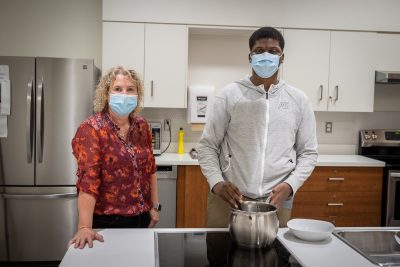
To prepare teens for the transition into adulthood, the Children’s Developmental Rehabilitation Program offers workshops to develop life skills, such as cooking.
Do I want to pursue further education? Do I plan to live on my own? Can I make meals for myself? Do I feel comfortable going places in the community and taking public transportation? What’s my dream job? Am I feeling prepared to manage my finances?
These are some of the questions teens think about as they transition into adulthood.
“We recognize that teens appreciate the opportunity to come together and develop skills that will help them in their lives as adults,” says Morrison, who helps organize in-person and virtual workshops on cooking, budgeting, looking into post-secondary education, job readiness, and other life skills.
Anighoro attended job readiness workshops and cooking workshops through the program.
“The cooking group was excellent for me because I already had an interest in cooking. I used to cook quite a bit beforehand,” he says.
The workshop helped him learned how to work around the usual way to get things done in the kitchen to accommodate his limitations, such as using a different process or gadgets.
“That was pretty fun.”
The job planning workshop prepared him to write a resume and consider jobs he might be interested in.
Moving on to bigger and better things
Part of Morrison’s past research involved looking at resiliency in teens with physical and developmental limitations to find out what is important to them.
“Teens want time to connect with other people who are facing similar challenges,” she says. “It’s also important for them to have someone to talk to about their future goals — and working with someone to help them find the resources and develop the skills for reaching those goals. It’s not just about developing independence in order to do things, but developing their sense of autonomy to make decisions about their life.”
Conversations about speaking up for themselves in medical appointments, knowing more about their diagnosis, and feeling comfortable enough to ask questions are incorporated, too.
These conversations about transition planning focus on the client’s goals.
“I want to gain physical stability so I won’t have to be using the crutches. I want to become more regular in my self-care, if that’s having to go to therapy or go to the gym and strengthen myself in that process. I also want to go to university, get my degree and start working. Even before I graduate want to start working,” says Anighoro.
He speaks with confidence. He’s thought this through. He finished high school last year but took a break to focus on his recovery and to sort out courses and housing.
He doesn’t know exactly what his dream job would be, but he knows the path to get there.
“Physically getting better is one goal, and then progressing with work and school is the other.”

